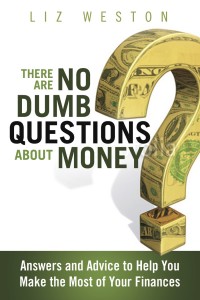Dear Liz: In a recent column, you fielded a query from parents whose son took out student loans in the mother’s name. You wrote, “If your only income is from Social Security and you don’t have any other property a creditor can legally take, you may be ‘judgment proof,'” which means “a creditor wouldn’t be able to collect on a judgment against you.”
I understand this advice was meant for the mom. But could it equally apply to the borrower who benefited from the loan?
In my case, I will be 70 next year and my only income is Social Security. I owe about $80,000 in private student loans and about $80,000 in federal student loans. I can’t afford to pay either loan. Is there hope for me to get out from under this burden by being judgment-proof? Right now, I can’t afford to see a bankruptcy attorney. It is a struggle just to pay the rent and put some food on my table.
Answer: You can’t afford not to see a bankruptcy attorney. Federal student loan collectors have enormous powers to collect, including taking a portion of your Social Security check.
The concept of being “judgment proof” applies to collections of private student loans. Collectors for those loans may be held at bay if you are, indeed, judgment proof. But you really want an experienced bankruptcy attorney to review your situation to make sure that’s the case. Fortunately, many bankruptcy attorneys offer free or discounted initial sessions. You can get referrals from the National Assn. of Consumer Bankruptcy Attorneys at http://www.nacba.org.
